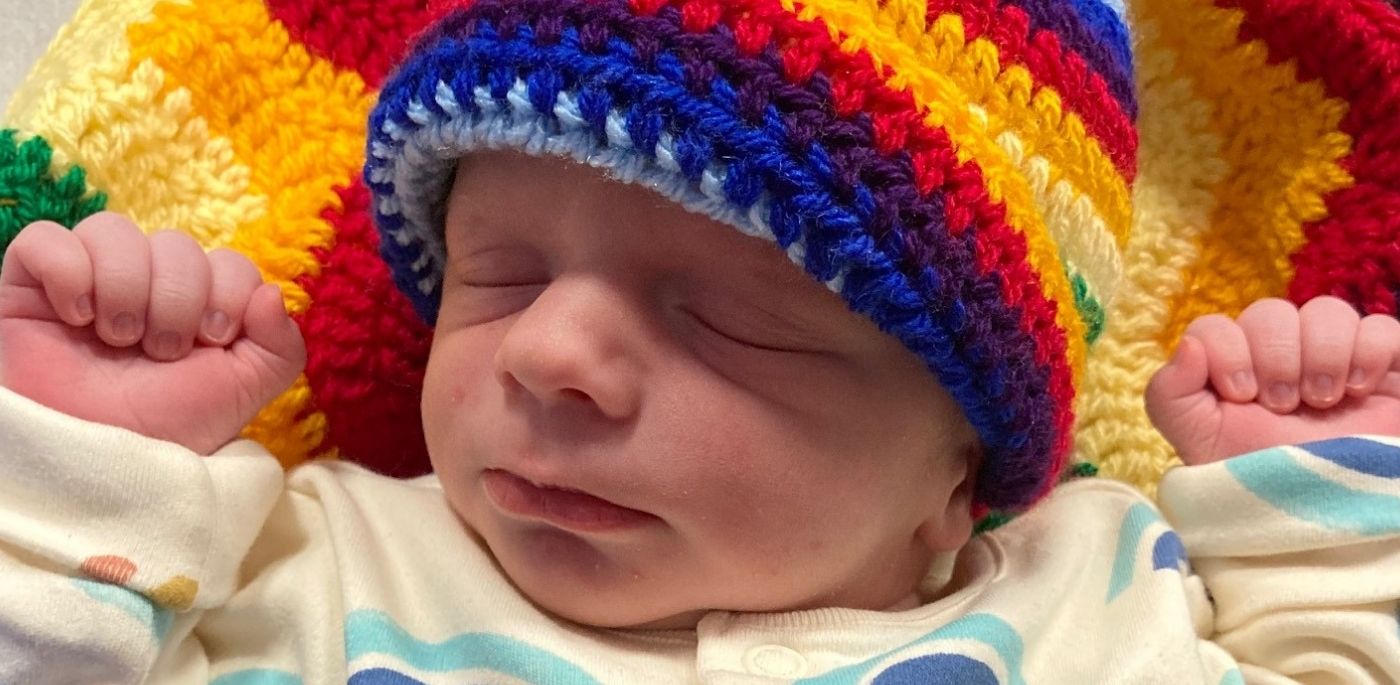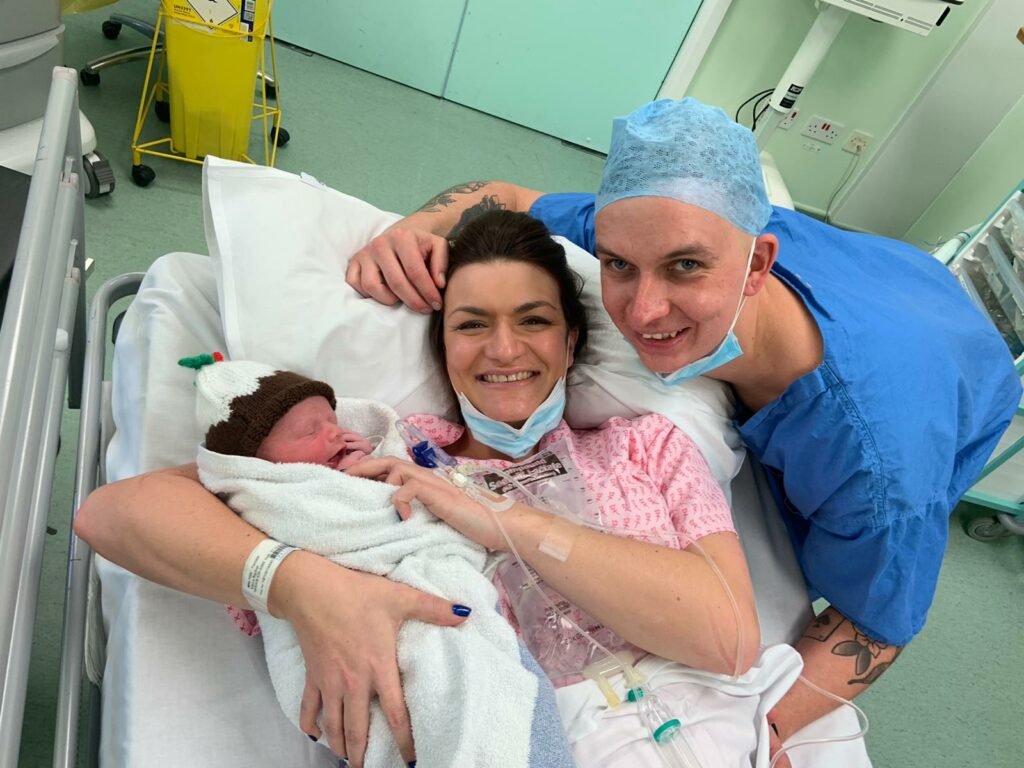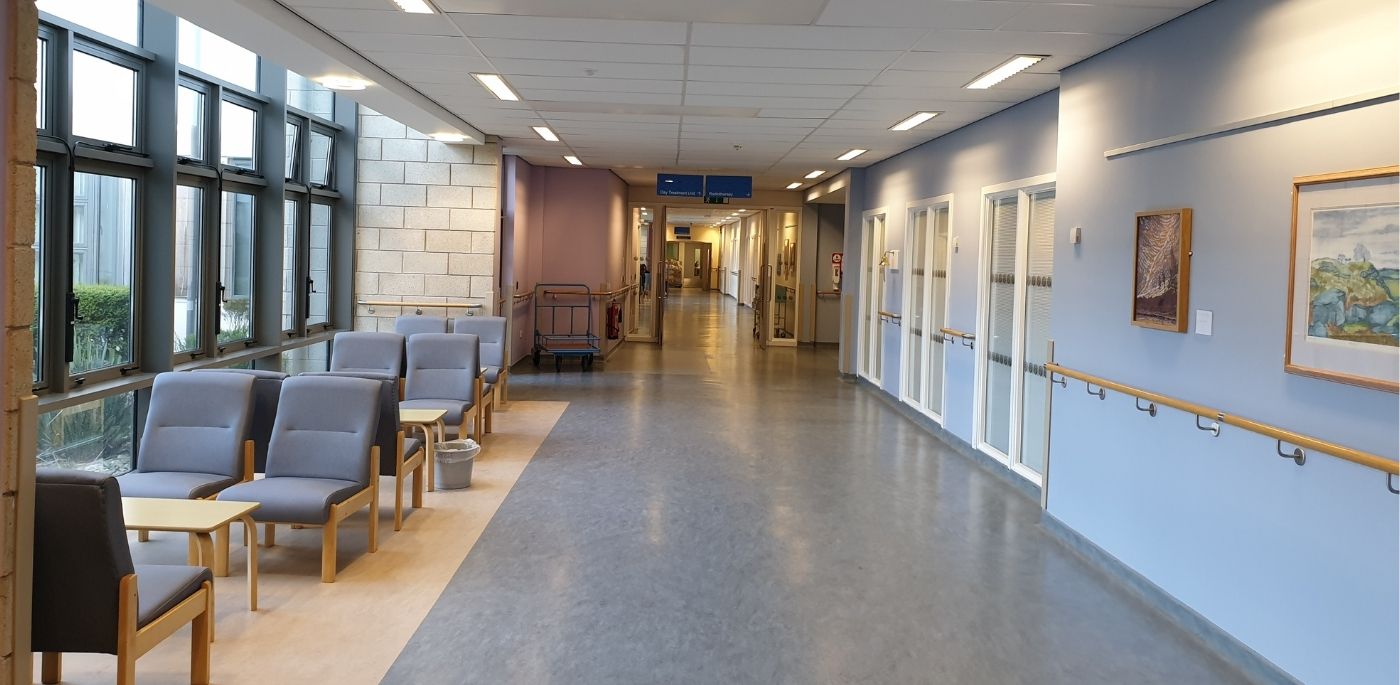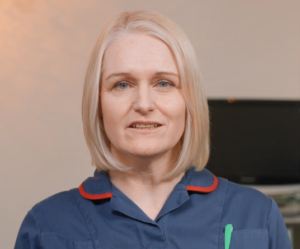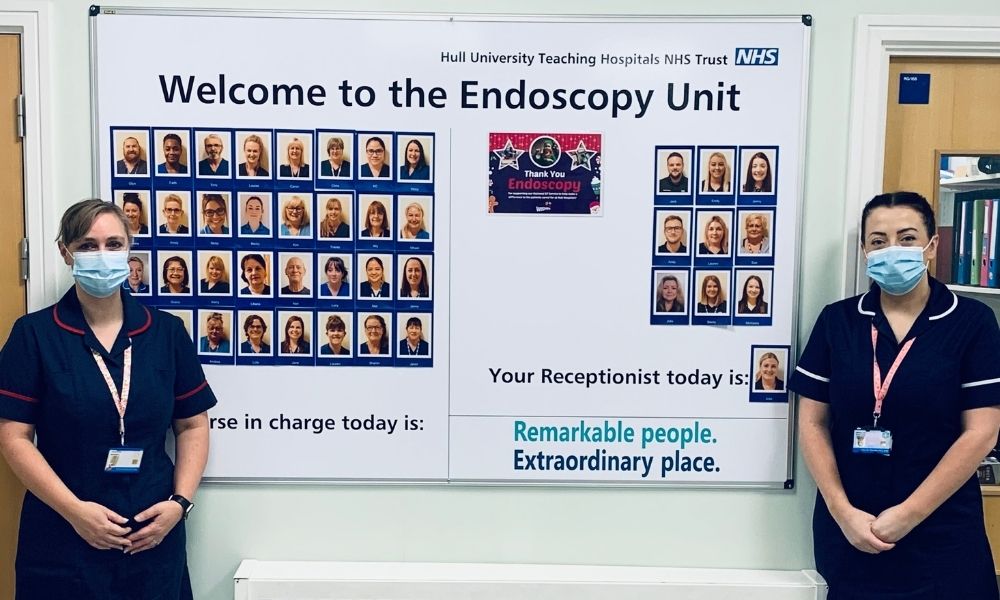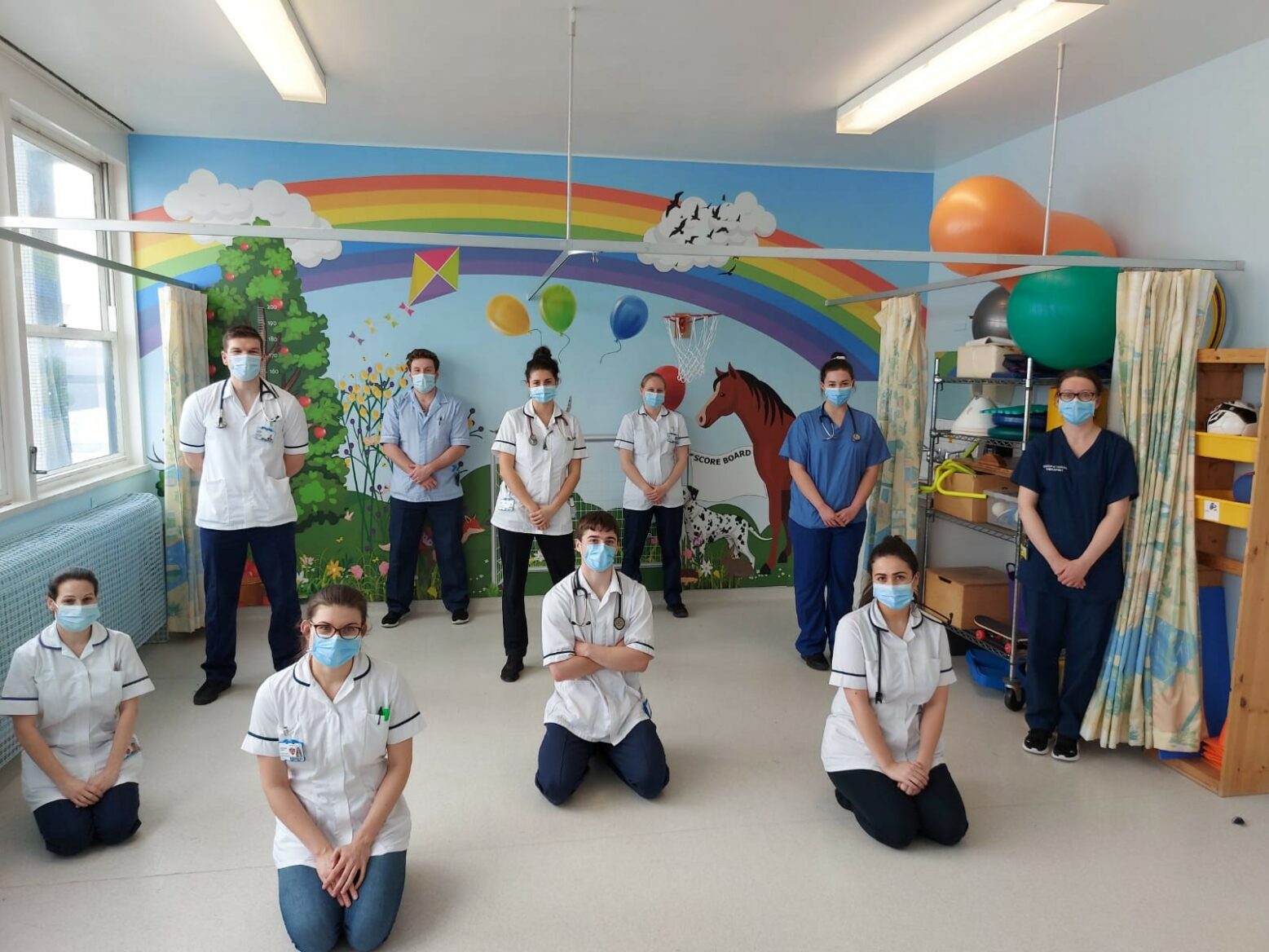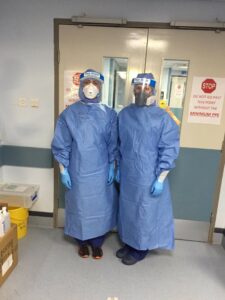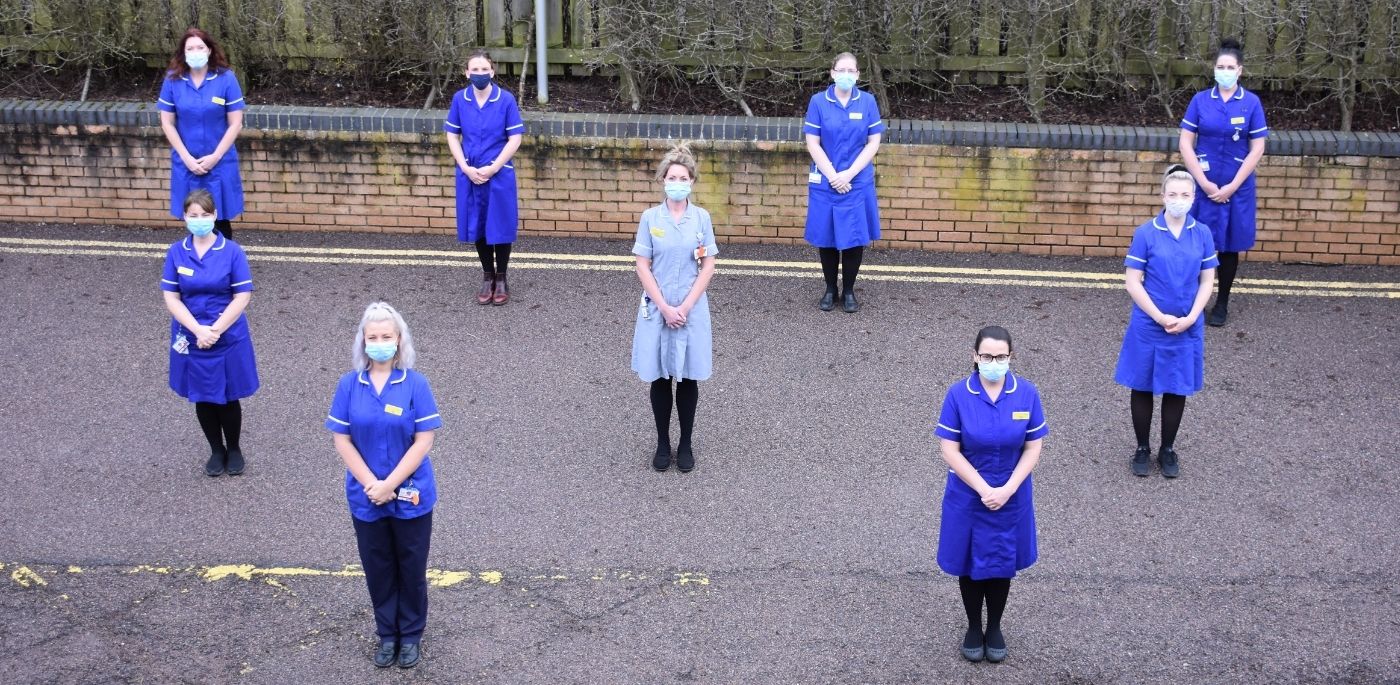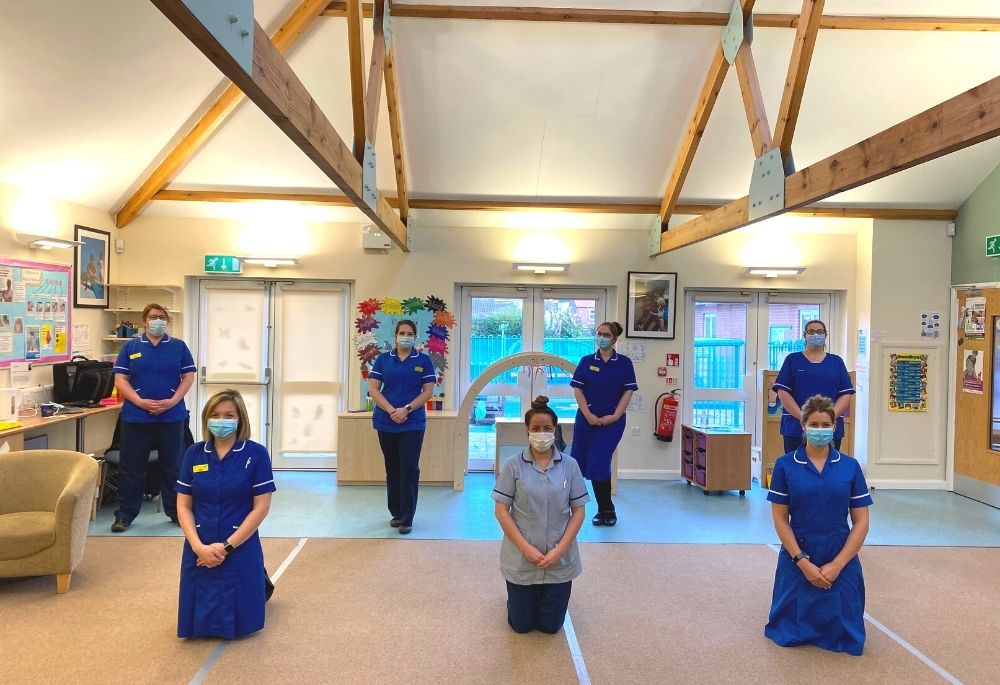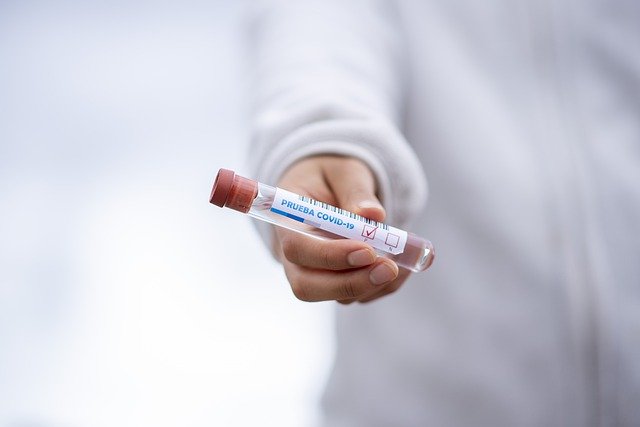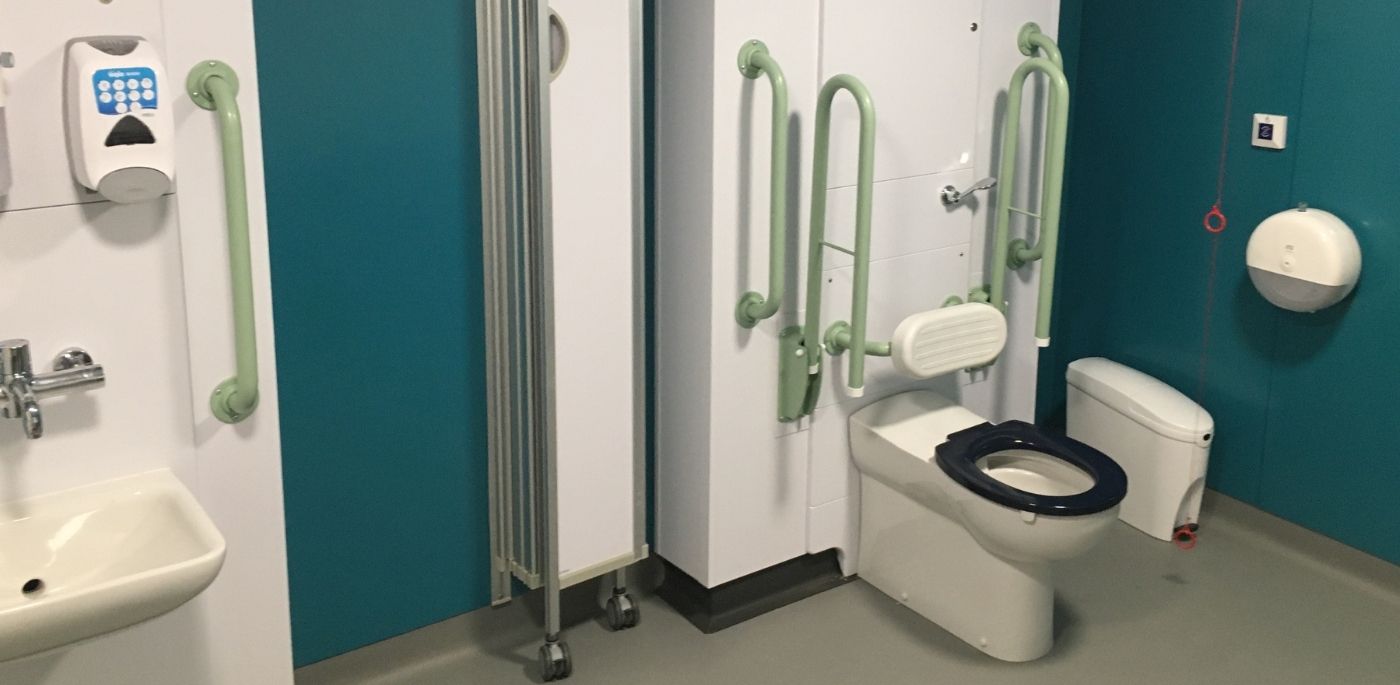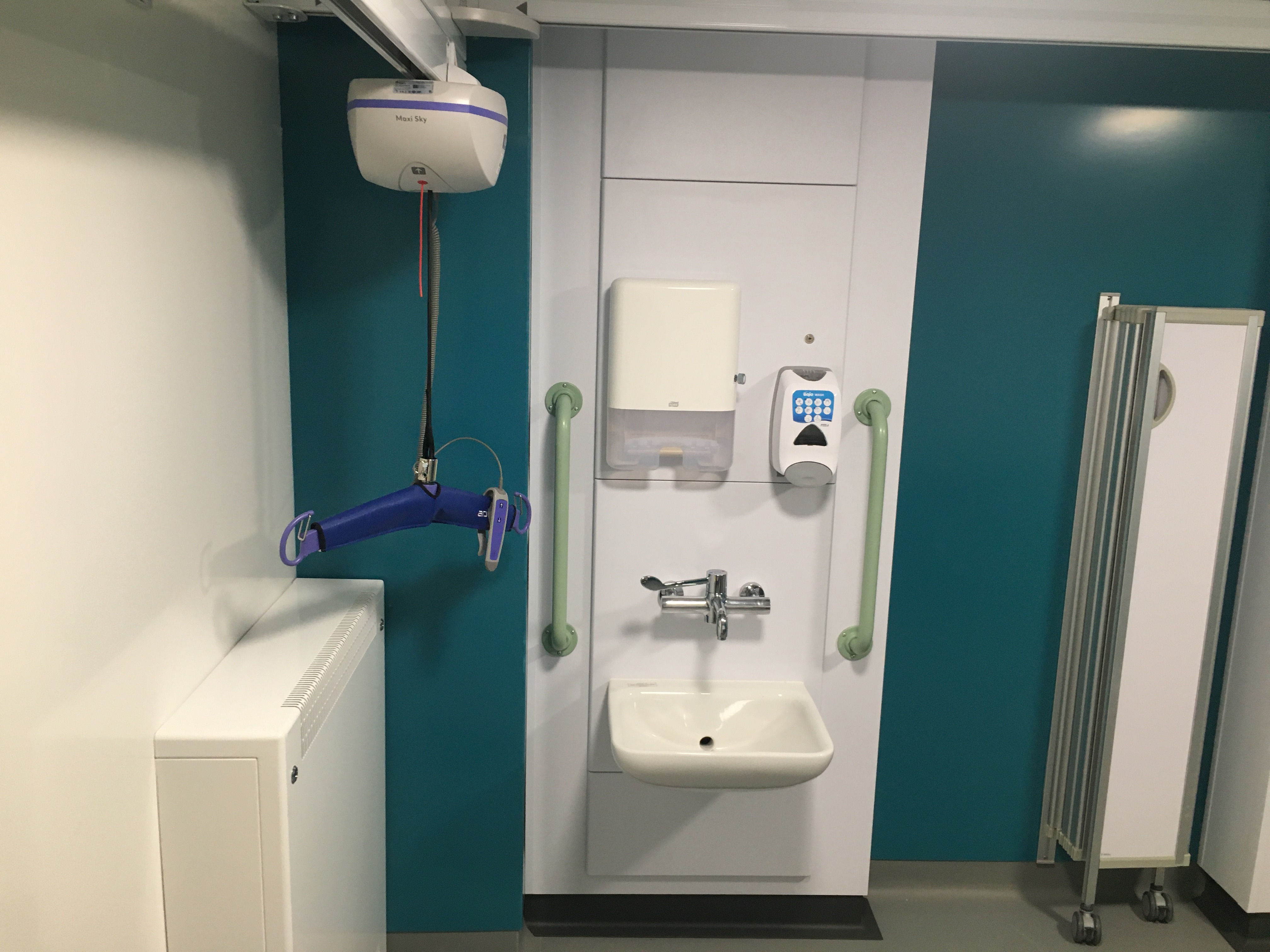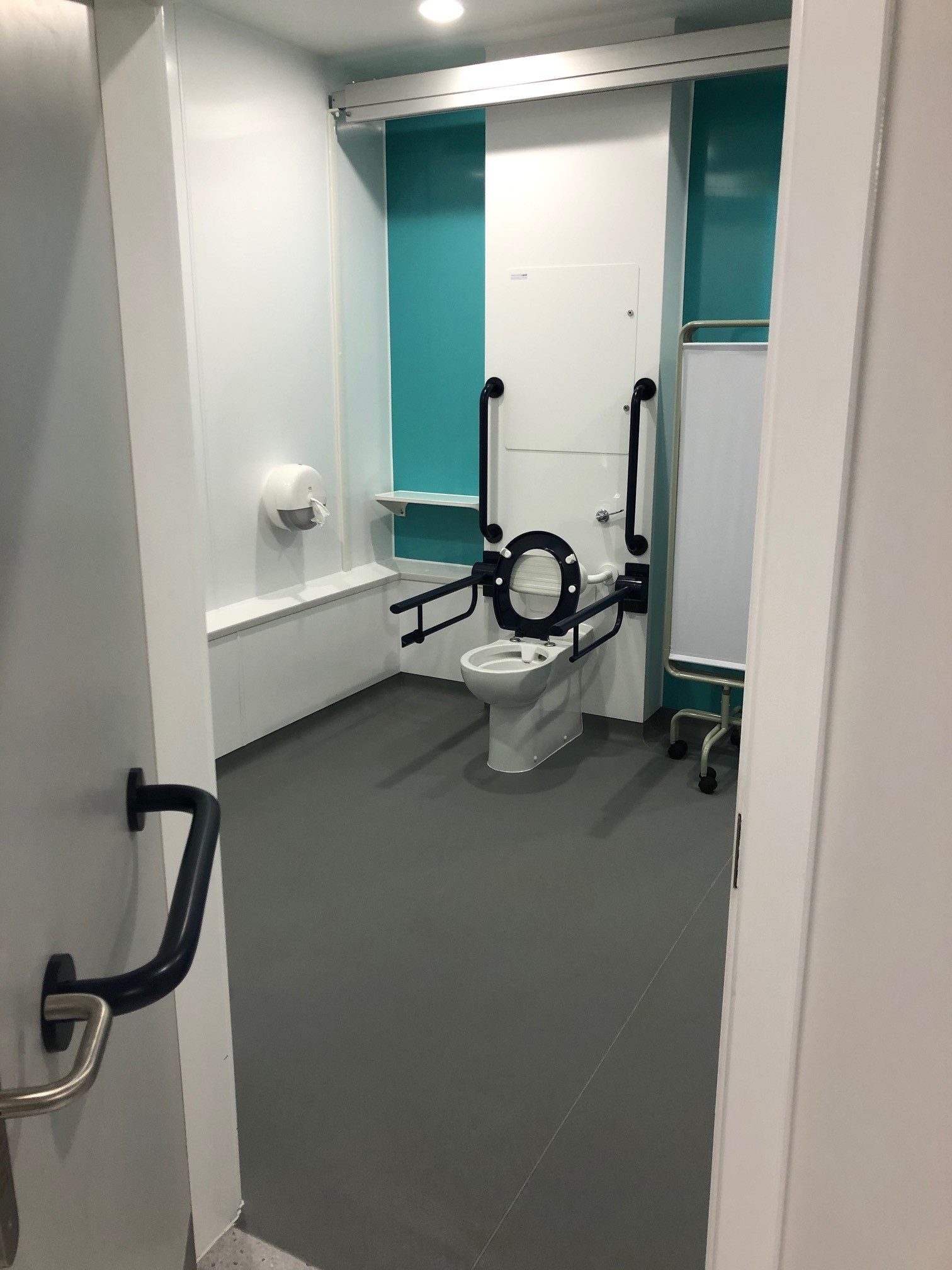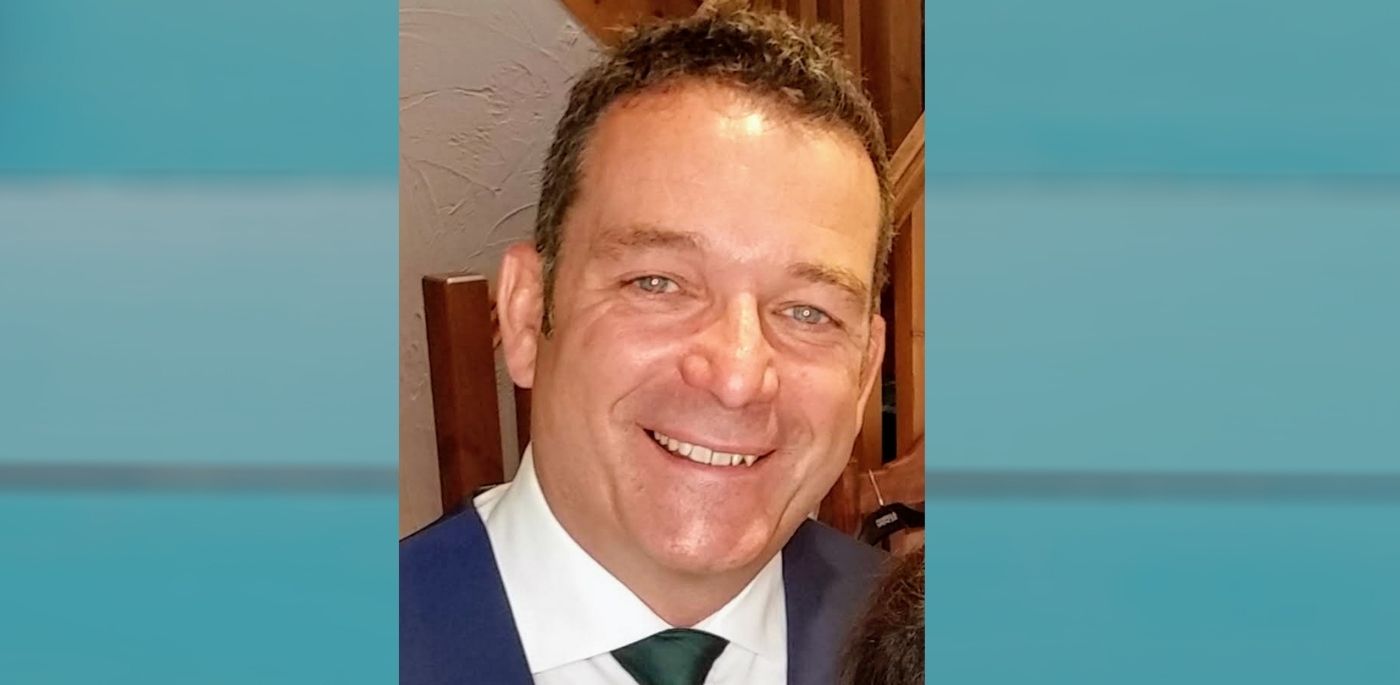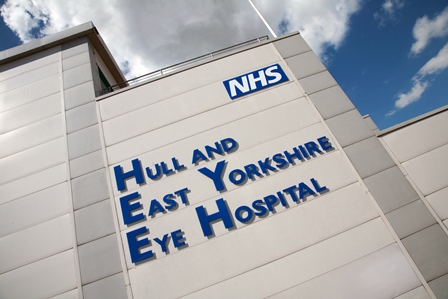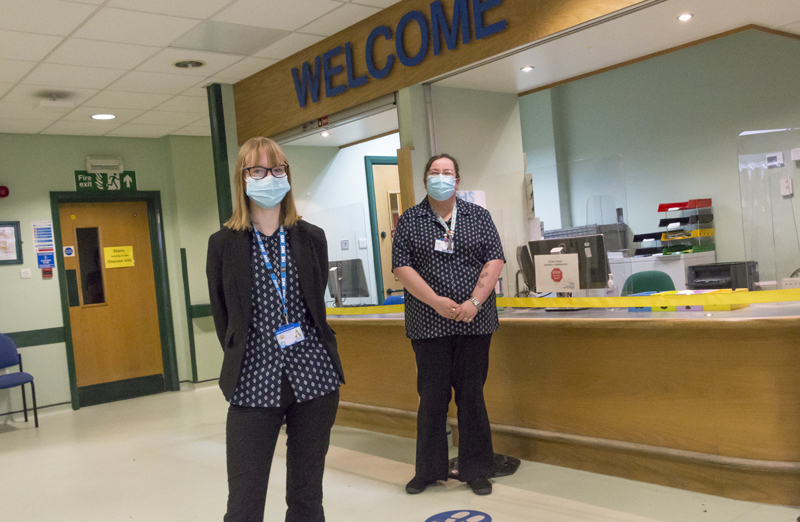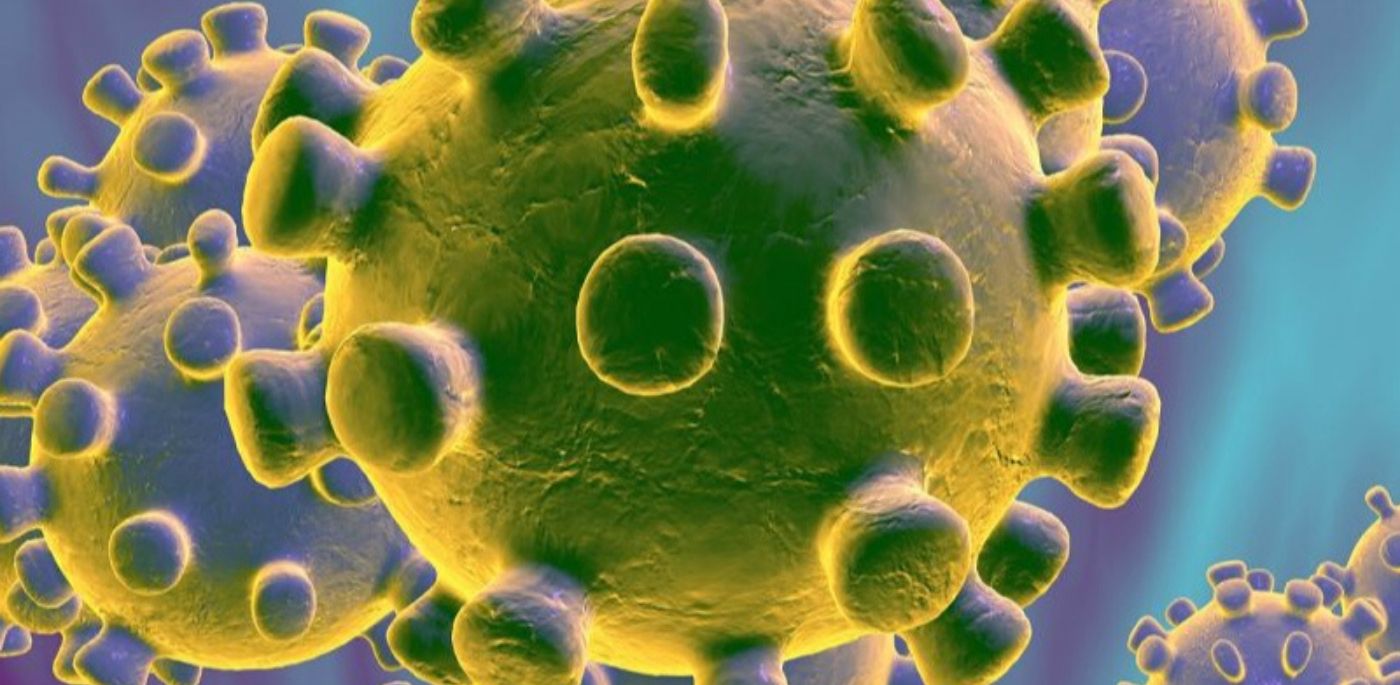Hull University Teaching Hospitals is backing a new NHS campaign to urge families in East Yorkshire to talk about organ donation following research that less than half of adults in England have had the conversation.
The Leave Them Certain campaign aims to highlight the impact not knowing has on the families who are left behind and encourage people talk about their decision. It follows the law change last year in England, which means that all adults are seen as willing to donate their organs, unless they opt out or are in one of the excluded groups.
However, many don’t realise that families will still be approached before any donation goes ahead. Even though 80 per cent of people are willing to donate their organs, only 39 per cent say they have shared their decision. And while a huge 9 in 10 families support organ donation if they knew what their loved one wanted, this figure falls to around half when a decision is not known.
As part of the campaign, a new TV advert launched this week featuring the Kakkad family. Shivum’s father Bharat died from a cardiac arrest when he was 63 in May 2019, but the family had never spoken about organ donation. The advert features family footage and memories of Bharat but ends with another memory – when they asked Shivum if his father wanted to be an organ donor and he just didn’t know.
Significantly, Shivum and his family did agree to organ donation, but it was a decision that could have been made easier if they’d had the conversation.
Shivum said: “My father was a very giving person. He did charity work and was a strong believer in the Hindu act of Sewa, of service to god. When the specialist nurse approached us about organ donation, we made our decision. We knew that helping others in need was what my father would have wanted. But I wish we had spoken about it to know for certain and I would urge others to take the opportunity while they still can.”
Shivum hopes that by sharing their family’s story, they will encourage more families, particularly from Asian and other ethnic backgrounds, to support and talk about organ donation. The numbers of donors are increasing, but more need to come forward as often the best transplant match will come from a donor of the same ethnicity. Bharat went on to help the lives of two other people. He donated a kidney to a woman in her 50s and a kidney to a man in his 60s.
 Fay Turner, Specialist Nurse in Organ Donation, Yorkshire, said: “Talking to your loved ones about your organ donation decision is hugely important. The not knowing can be an added stress for your family at what is already a very difficult time. We would like to encourage more people in East Yorkshire to think about whether they’d like to be an organ donor and to let friends or family know so that they can be sure they are making the right decision for you.”
Fay Turner, Specialist Nurse in Organ Donation, Yorkshire, said: “Talking to your loved ones about your organ donation decision is hugely important. The not knowing can be an added stress for your family at what is already a very difficult time. We would like to encourage more people in East Yorkshire to think about whether they’d like to be an organ donor and to let friends or family know so that they can be sure they are making the right decision for you.”
Research shows that the biggest barrier to talking about organ donation is that it’s never come up in conversation with 34 per cent of people stating this as their reason. 27 per cent say they are worried it will upset their family or make them feel uncomfortable, 24 per cent feel they don’t need to tell anyone their decision, 22 per cent don’t want to talk about their own death, 22 per cent say they haven’t got round to it yet and 16 per cent have never thought about organ donation before.
Anthony Clarkson, Director of Organ and Tissue Donation and Transplantation for NHS Blood and Transplant, said: “People often tell us that they struggle to find the right time or words to talk about organ donation, unfortunately we see first-hand the impact not knowing has on families when the first time they consider their loved ones wishes around organ donation is when they are seriously ill or have already died. Talk to your friends, talk to your family. Even though the law has changed, you can still sign up to the NHS Organ Donor Register to provide your family with added reassurance. Please don’t wait. Have the conversation today.”
The NHS has some produced some tips and guidance to help start the conversation:
- Start by checking in first; ‘how are you doing?’ so you can gauge whether now is a good time. Choose a time when you’re not too distracted or when you’re sharing a space, or time with each other, maybe over a cup of tea or out walking.
- Perhaps there is something that prompts the conversation – passing a driving test, seeing our campaign TV advert, or an article in the paper.
- Open with ‘did you hear’ and not your own point of view; or use a hypothetical ‘how would you feel if…’
- If faith is important to you, open with talking about what you know about your faith’s beliefs on giving.
- Acknowledge it’s a difficult subject and that you don’t have to agree.
Find out more by visiting www.organdonation.nhs.uk on how to discuss your decision
For more information on organ donation and to register your decision, please visit: www.organdonation.nhs.uk or call 0300 123 23 23.


